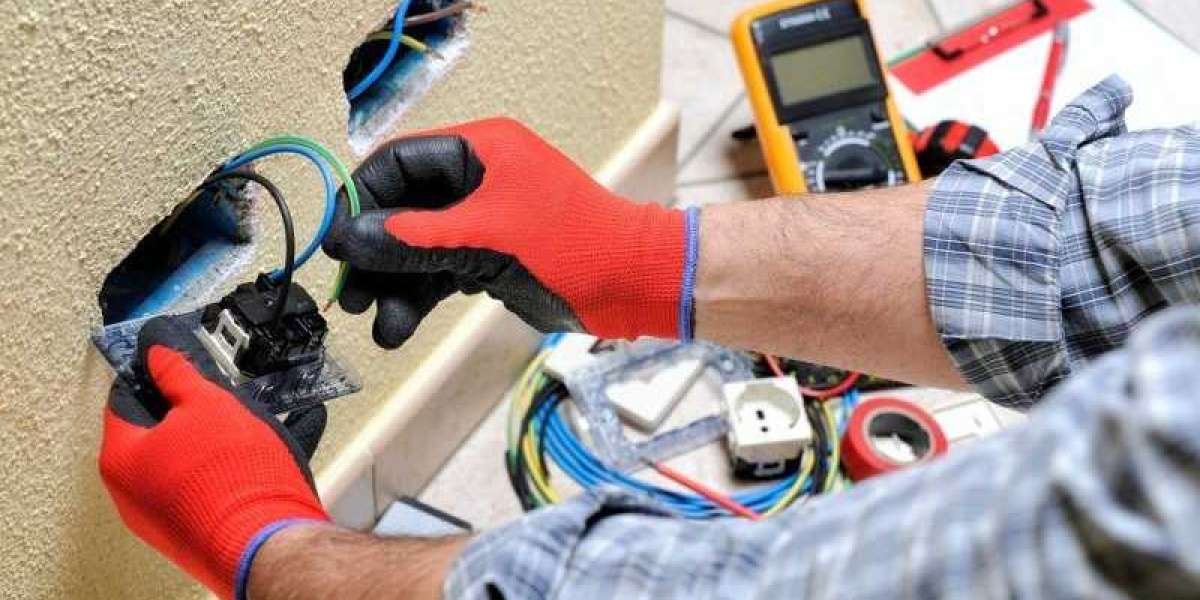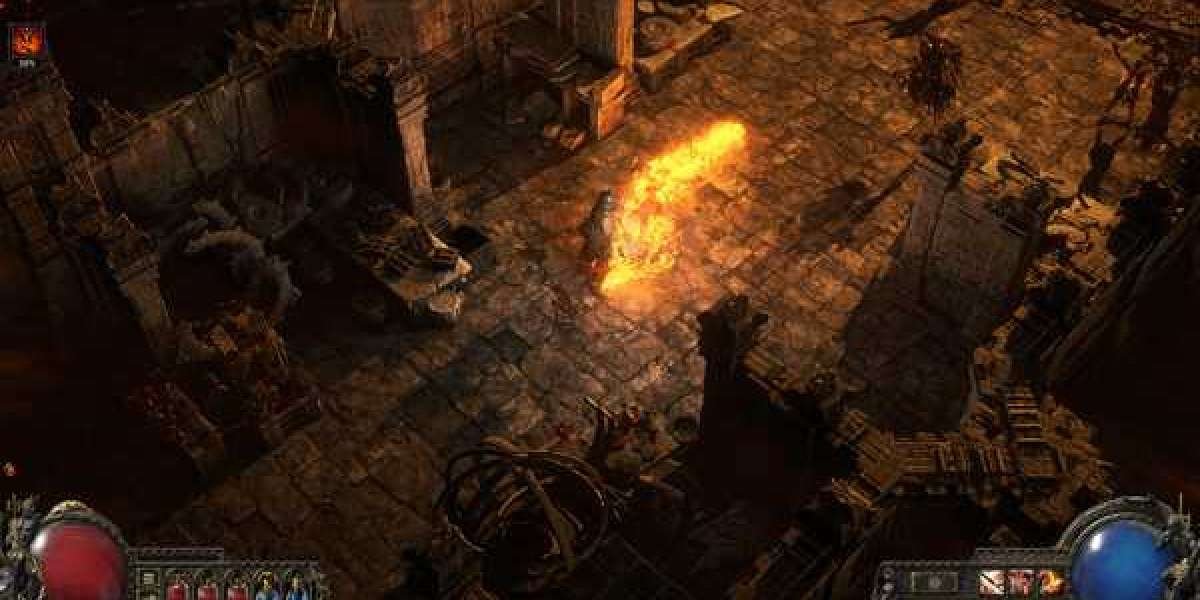Electricians play a crucial role in our daily lives, ensuring that the systems that power homes, businesses, and infrastructure are installed, maintained, and repaired correctly. From the flick of a light switch to the complex wiring in industrial plants, electricians in San Francisco are the unseen professionals keeping our world lit, safe, and running smoothly.
What Does an Electrician Do?
At the core, electricians are trained professionals who install and maintain electrical systems in various settings, including homes, offices, factories, and public infrastructure. Their work involves understanding how electricity flows and ensuring systems are safe and efficient. Electricians typically specialize in one of the following areas:
- Residential Electricians: They focus on wiring homes, installing outlets, switches, lighting, and appliances, as well as troubleshooting electrical problems.
- Commercial Electricians: These professionals handle larger electrical systems in office buildings, schools, and shopping centers, often working on more complex circuitry.
- Industrial Electricians: They work in factories and plants, dealing with the power needs of heavy machinery, control systems, and large-scale electrical systems.
- Maintenance Electricians: These electricians focus on the upkeep of existing electrical systems, performing repairs and upgrades to ensure everything runs smoothly.
Skills and Qualifications
Electricians require a combination of formal training, practical experience, and specific skills to excel in their work:
- Training and Certification: To become a licensed electrician, individuals must complete an apprenticeship program, typically lasting four to five years. This includes classroom instruction and hands-on experience under the supervision of a seasoned professional.
- Technical Knowledge: A deep understanding of electrical theory, safety protocols, wiring codes, and building regulations is essential. Electricians must stay up-to-date on evolving standards, especially with the introduction of new technologies such as smart home systems and renewable energy solutions.
- Problem-Solving Abilities: Electrical systems can sometimes fail unexpectedly. Electricians need strong troubleshooting skills to quickly identify issues and provide solutions.
Why Electricians Are Important
The work of electricians is more important than ever. Here are a few reasons why:
Safety First: Incorrectly installed or faulty electrical systems can lead to hazardous situations, including fires, electrocution, and equipment damage. Electricians ensure that systems are safe and comply with electrical codes.
Energy Efficiency: As the world becomes more focused on sustainability, electricians are key players in helping homes and businesses reduce their energy consumption. By installing energy-efficient lighting, wiring, and even renewable energy solutions like solar panels, electricians contribute to a greener planet.
Smart Technology Integration: The rise of smart homes and businesses has created a demand for electricians skilled in integrating advanced technology. From smart thermostats to security systems, electricians are essential in wiring and setting up these innovations.
Building Infrastructure: Electricians are vital in the construction and renovation of homes, schools, offices, and factories. Their expertise ensures that electrical systems are set up properly and can handle the demands of modern life.
Emergency Services: When things go wrong, electricians are the go-to professionals. From power outages to wiring issues, electricians provide crucial services during emergencies to restore power and keep systems functioning.
Challenges and Rewards
The job of an electrician can be challenging. It involves physical labor, working with potentially dangerous equipment, and being on-call during emergencies. However, it is also a highly rewarding career, both financially and personally. Electricians enjoy competitive wages, with the potential for higher pay in specialized fields, and the satisfaction of knowing their work is essential to the daily functioning of society.
Additionally, electricians have opportunities to continue learning and growing. With the constant development of new technologies, they can expand their expertise and even branch into areas like solar panel installation, electric vehicle charging stations, or home automation systems.
Conclusion
Electricians are an indispensable part of our modern world, offering expertise that ensures the safety, efficiency, and functionality of electrical systems everywhere. From residential to industrial settings, electricians make it possible for us to live, work, and enjoy our day-to-day lives without interruption. Their expertise, dedication, and skills are essential in keeping our homes and businesses powered safely and efficiently, and they are at the forefront of innovations in electrical technology.













